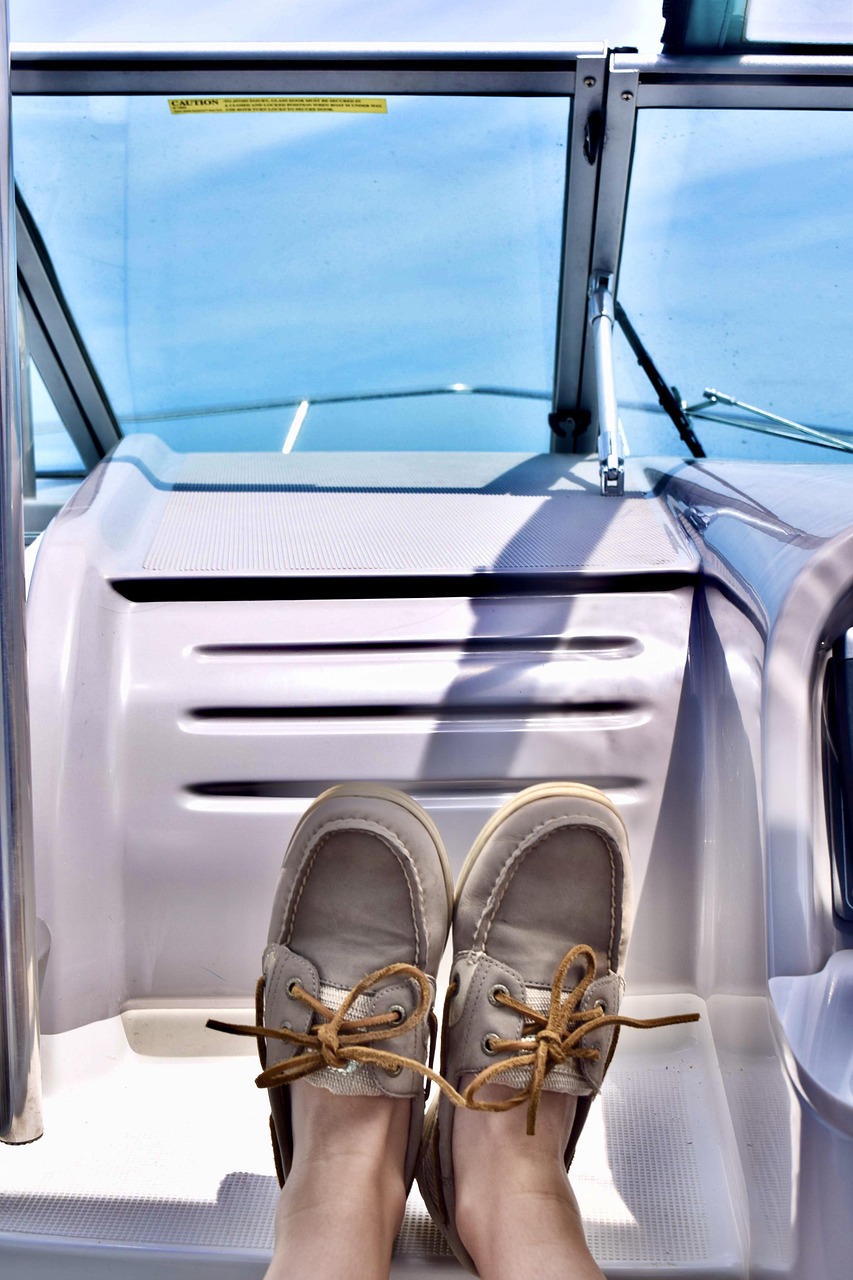Boat Rental Guide: Renting, Engines, Costs, and Payments
Boat rental lets people access watercraft for a day, weekend, or longer without ownership. Whether you want a calm pontoon ride, a fast outboard motor runabout, or a skippered charter, understanding engines, safety, pricing, and payment routines helps you choose the right option in your area. This guide covers practical points renters and prospective buyers should know.

Outboard motor: what renters should know
Outboard motor condition is a key factor when renting a boat. Before you depart, check the motor for visible damage, ensure the propeller is secure, and confirm oil and fuel levels with the owner or rental agent. Ask whether the motor is two-stroke or four-stroke, and whether fuel is included. If an outboard stalls or overheats, return and report it immediately—many rental companies provide roadside or on-water assistance but policies vary by provider.
Boat types and rental choices
Different boats suit different activities. Small runabouts and center-console boats are common for fishing and watersports; pontoons are stable for family outings; sailboats require seamanship skills or a skipper; inflatables and RIBs are portable and versatile. Consider passenger capacity, storage, licensing requirements, and whether you need a skipper. Rental listings typically note minimum age, required certifications, and recommended experience level for each boat.
Financing options for buyers and long-term renters
If you rent frequently, compare financing and ownership alternatives to see whether buying or joining a boat club makes sense. Marine financing is offered by banks, credit unions, and specialty marine lenders; typical terms range from several years to longer loans depending on vessel size. Lease or fractional ownership and membership-based clubs spread costs differently than loans. Always compare interest rates, down payment requirements, and total financed amount to evaluate monthly payments and long-term cost.
Marine safety and local services
Marine safety is about preparation and knowing local services in your area. Check weather forecasts and tides, file a float plan, and confirm onboard safety gear: lifejackets, flares, VHF radio, and a fire extinguisher. Locate nearby marinas, fuel docks, and towing or salvage services before you go. Many local authorities require registration, numbering, or a boating license—verify regulations for the body of water where you’ll operate.
Payments, deposits, and insurance considerations
Rental transactions usually involve upfront payments, security deposits or credit card holds, and clearly defined cancellation policies. Payments often accept credit cards or platform-based payments; deposits are returned if the boat comes back undamaged. Review insurance coverage—some platforms offer protection plans or require proof of insurance from owners. Understand what constitutes normal wear, fuel reimbursement rules, and damage liability so payments and potential claims are clear before departure.
If you’re evaluating costs, here are representative providers and general daily cost ranges for common rental options.
| Product/Service | Provider | Cost Estimation |
|---|---|---|
| Small powerboat (4–8) | Boatsetter | $150–$400/day |
| Pontoon boat (8–12) | GetMyBoat | $200–$600/day |
| Sailboat day charter (2–6) | Click&Boat | $200–$800/day |
| Skippered charter (crew) | Sailo | $300–$600/day (skipper extra) |
| Inflatable/RIB (4–6) | Local marinas | $100–$350/day |
Prices, rates, or cost estimates mentioned in this article are based on the latest available information but may change over time. Independent research is advised before making financial decisions.
Conclusion
Renting a boat can be an efficient way to enjoy time on the water while avoiding ownership responsibilities, but it requires attention to engine condition, boat type, local marine rules, payment terms, and insurance. Compare rental providers and, if you find yourself renting often, weigh financing or membership options against daily rental costs. Prioritize safety checks, clarify payment and deposit terms, and choose a rental that matches your planned activity and experience level.





